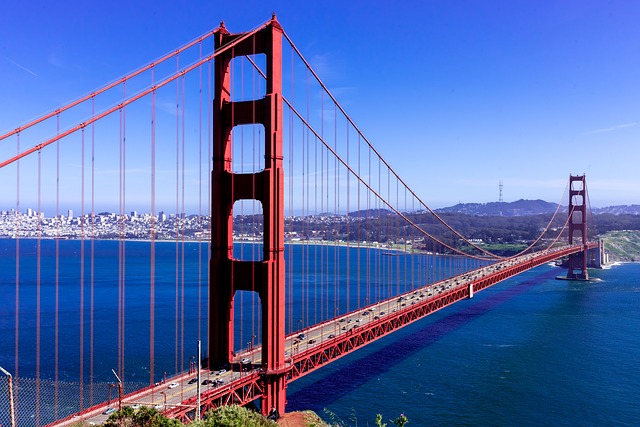by David R Baker, Bloomberg
What happens when a famously left-leaning city dives into the buttoned-down business of electric utilities? San Francisco may soon find out.
City officials are studying the possibility of creating their own utility out of the wreckage of PG&E Corp., the energy giant that filed for bankruptcy in January. The city would buy the company’s local wires—or possibly seize them through eminent domain—to create a utility that would be, well, very San Francisco.
If all goes according to plan, PG&E’s system would serve as the backbone of a full-service municipal utility that San Francisco’s politicians could use to make an all-out push for 100 percent renewable power.
“We need to take advantage of this opportunity, because the crisis of climate change is a crisis,” San Francisco Supervisor Hillary Ronen said during a hearing. “We really need to take it to the next level, and that next level is a complete build out so that we are providing 100 percent renewable energy to all of our customers.”
That’s not out of the realm of possibility for a place like San Francisco, which in 2016 launched a program that supplies 100 percent clean power to residents who want it badly enough to pay a premium. And the city already has a kind of municipal utility, with a limited reach. The San Francisco Public Utilities Commission operates a series of hydroelectric facilities that bring water and power to the city from the Sierra Nevada foothills. Until recently, that power mostly supplied city agencies and buildings, while PG&E served residents and businesses.
Achieving 100 percent green power would require more wind and solar farms — which would in turn create more jobs. And San Francisco is all about building and buying local. San Francisco Supervisor Sandra Fewer said a city-run utility would work to kill the city’s long dependence on others for electricity.
If tying 100 percent clean energy to new employment sounds familiar, San Francisco leaders don’t mind.
“If we want to be truly independent in providing energy, clean energy to the residents of San Francisco, we need to really think about a local version of a Green New Deal,” Supervisor Sandra Fewer said at the same January hearing. “And that is really about building our own resources for renewable energy on our own land.”
San Francisco leaders are also emphasizing that any city-owned utility would put people before profits. PG&E’s detractors have long argued that the company’s focus on making money led it to scrimp on safety, an accusation the company vehemently denied. In the wake of a series of deadly wildfires blamed on the company’s equipment, some city officials say a municipal utility—free of shareholder pressure to reign in spending on maintenance—could provide safer service. Control over the utility and its operations would rest with public officials, not a corporate board.“When profit is the ultimate motive, then public safety comes second, then reliability comes second, then keeping costs down comes second,” Ronen said. “Profit will not be our ultimate goal.”





